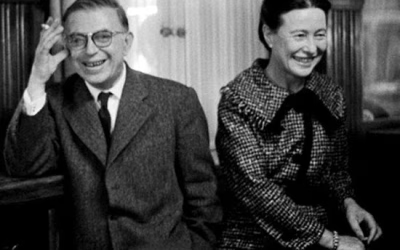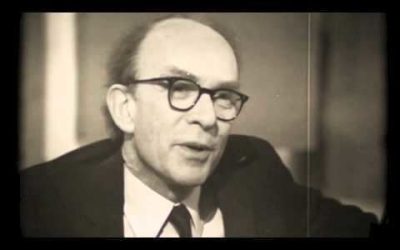Abstract
The paper examines the “I” and its relationship to the stream of consciousness in Husserl’s genetic phenomenology. Examining the manuscripts from the late 1910s to the early 1930s, the source of the alleged inconsistencies concerning Husserlian egology is found in the failure to distinguish the twofold movement – deconstructive and reconstructive – of genetic analysis. Starting from this methodological distinction, the fundamental continuity of Husserl’s reflection on the ego and the progressive integration and concretization of Ichfrage and Zeitfrage is revealed. The status of the notion of Ur-Ich and the genesis of the ego as such can thus be clarified in perspectival terms. The phenomenon of centralization (Zentralisierung) of intentional life establishes, within the stream of consciousness, a point of view (focus) that coincides with the actualization in the foreground (Vordergrund) of the thematic lived experience on the basis of a merely operative and potential background (Hintergrund).



